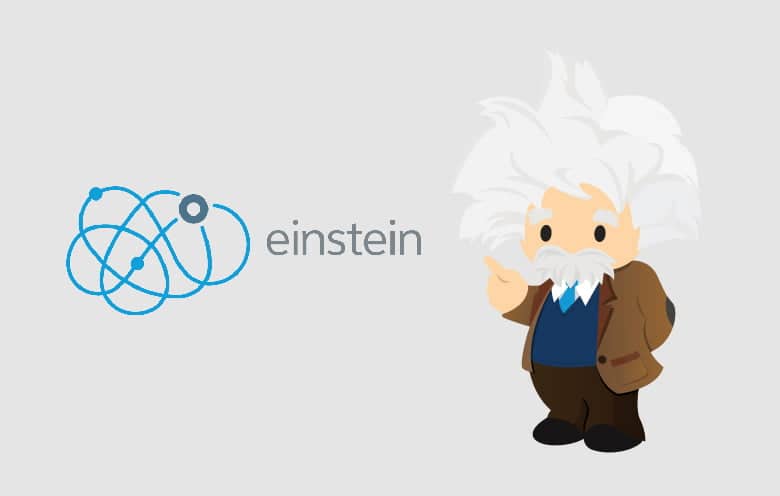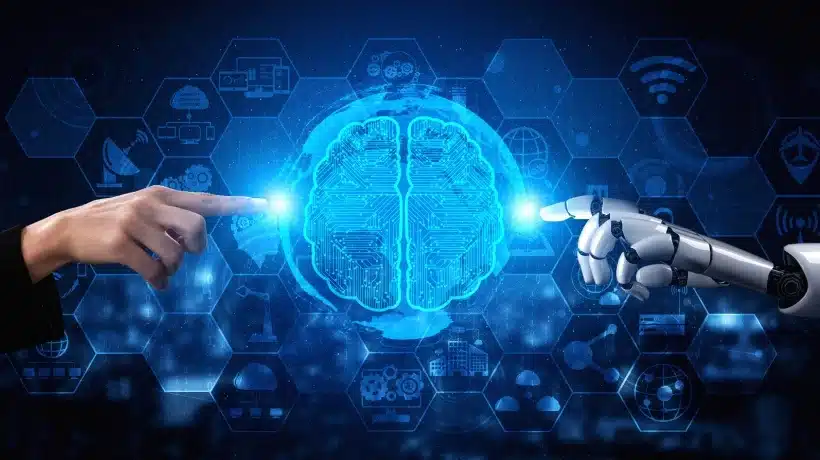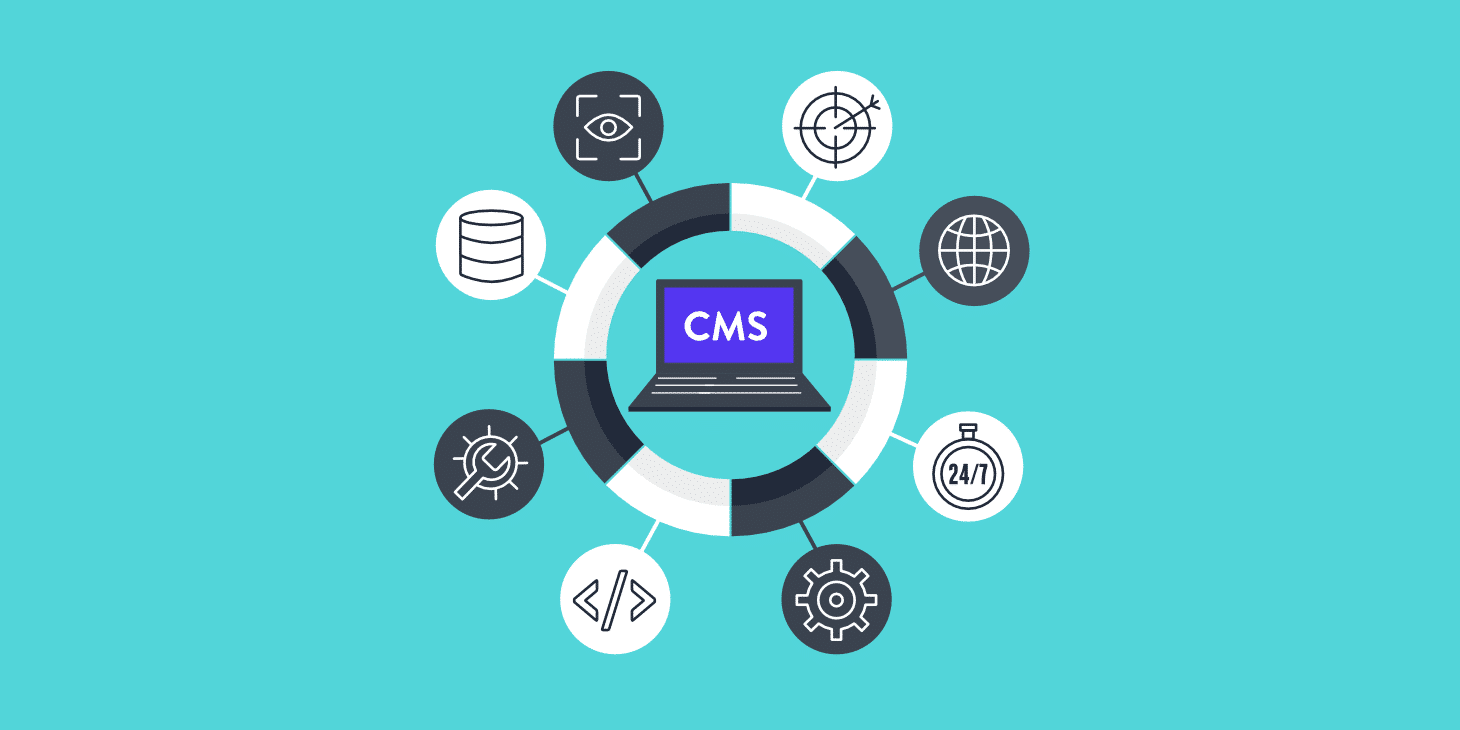The integration of artificial intelligence (AI) and machine learning (ML) into software development has fundamentally transformed the landscape of tech innovation. This infusion of smart technologies has led to groundbreaking advancements and a significant shift in the way developers approach the creation of software solutions.
AI and ML have revolutionized various aspects of software development, from coding and testing to deployment and maintenance. These technologies have empowered developers to streamline processes, enhance efficiency, and deliver more sophisticated and intuitive software products. This blog delves deep into the profound impact of AI and machine learning on software development, shedding light on key areas where these technologies are making a substantial difference.
Enhanced Automation and Efficiency
The integration of AI and ML algorithms has ushered in a new era of automation in software development. These technologies have enabled developers to automate repetitive tasks such as code generation, bug detection, and testing, freeing up valuable time that can be devoted to more complex and creative aspects of software engineering.
AI-powered tools can analyze vast amounts of code and data, identify patterns, and automate the generation of optimized code snippets. This not only expedites the development process but also minimizes the margin of error, leading to more reliable and efficient software solutions.
Furthermore, ML algorithms have significantly improved the accuracy and efficiency of software testing. By analyzing historical data and patterns, these algorithms can predict potential issues and optimize test coverage, thereby ensuring that the software is rigorously tested and resilient to flaws.
Innovative User Experience
AI and ML have redefined the concept of user experience in software development. From predictive analytics that tailor user interfaces to individual preferences to natural language processing (NLP) algorithms that enable seamless communication with software applications, these technologies have elevated the standard of user interaction.
Developers can leverage AI and ML to build intelligent, context-aware applications that adapt to user behavior and deliver personalized experiences. This has transformed the way software is designed and has led to the creation of more intuitive, responsive, and user-centric solutions across various domains, from mobile apps to enterprise software.
Moreover, the integration of AI-driven chatbots and virtual assistants has empowered software developers to create interactive interfaces that provide instant and personalized assistance to users, thereby enhancing user satisfaction and engagement.
Predictive Maintenance and Optimization
AI and ML technologies have empowered developers to implement predictive maintenance and optimization strategies, ensuring that software products remain resilient and performant throughout their lifecycle.
By analyzing usage patterns, performance metrics, and user feedback, AI algorithms can predict potential issues and proactively recommend optimizations, enabling developers to fine-tune the software and address potential concerns before they escalate. This predictive approach not only enhances the reliability and stability of software systems but also mitigates the risk of unexpected downtime or performance degradation.
Furthermore, AI-powered optimization algorithms can dynamically adjust software configurations and resource allocations based on real-time data, thereby maximizing efficiency and resource utilization. This proactive approach to software optimization ensures that applications deliver optimal performance under varying workloads and operational conditions.
The Future of Collaborative Development
AI and ML have catalyzed a shift towards collaborative and inclusive software development practices. These technologies have facilitated knowledge sharing, code collaboration, and problem-solving within developer communities, fostering a culture of innovation and continuous improvement.
AI-powered platforms and tools can analyze repositories of code, documentation, and development forums to provide contextual recommendations, code snippets, and best practices, thereby empowering developers to make informed decisions and expedite the development process.
Moreover, ML algorithms can identify potential areas for code refactoring, performance optimization, and security enhancements, thereby enhancing the quality and maintainability of software projects. This collaborative approach to software development not only accelerates the pace of innovation but also cultivates a vibrant ecosystem of knowledge-sharing and skill development within the developer community.
In conclusion, the integration of AI and machine learning technologies has had a transformative impact on software development, revolutionizing processes, augmenting user experiences, and empowering collaborative innovation. As these technologies continue to evolve, they will undoubtedly shape the future of software engineering, driving unprecedented levels of efficiency, creativity, and technological advancement. Embracing these smart technologies is essential for developers to stay ahead in an ever-evolving digital landscape.







